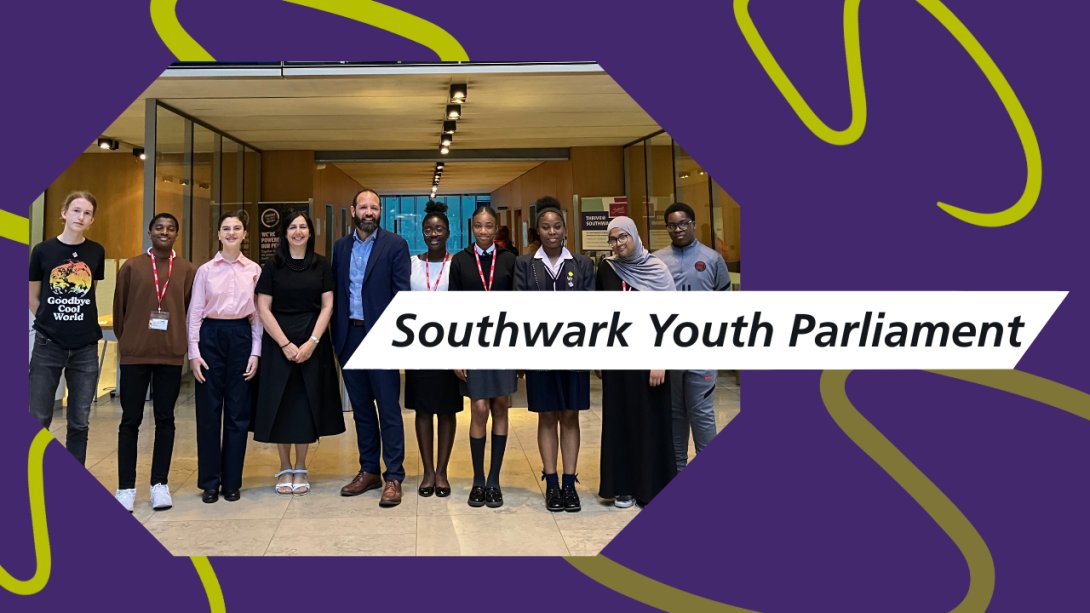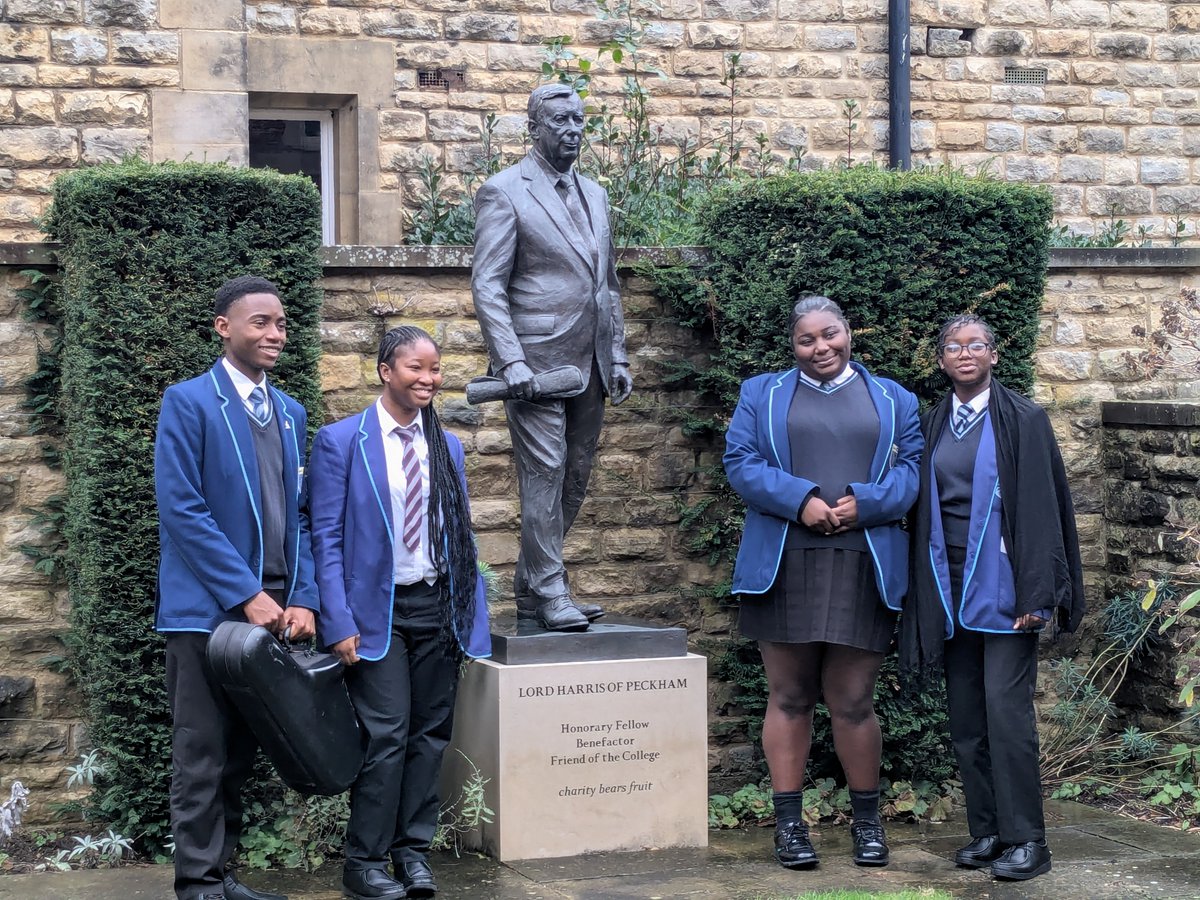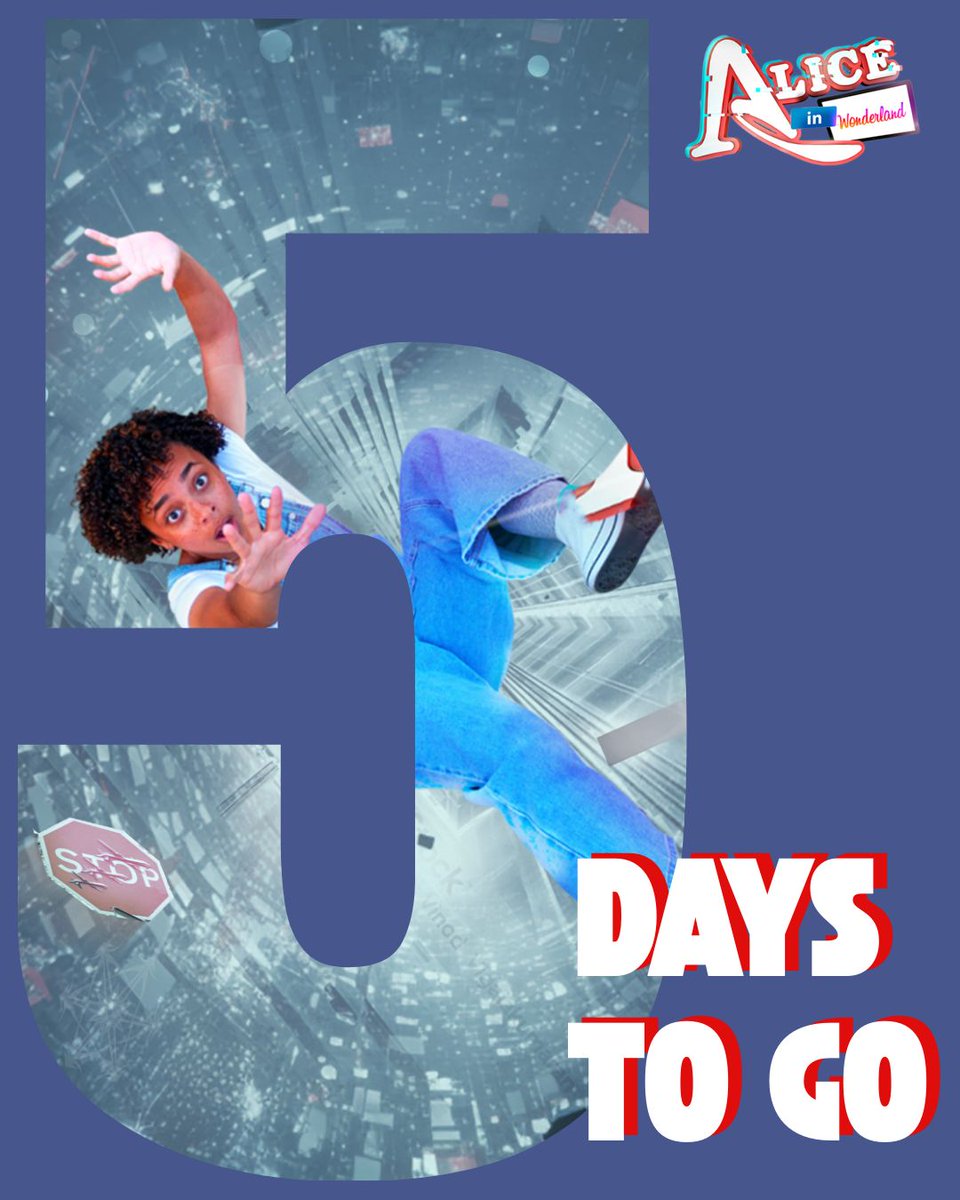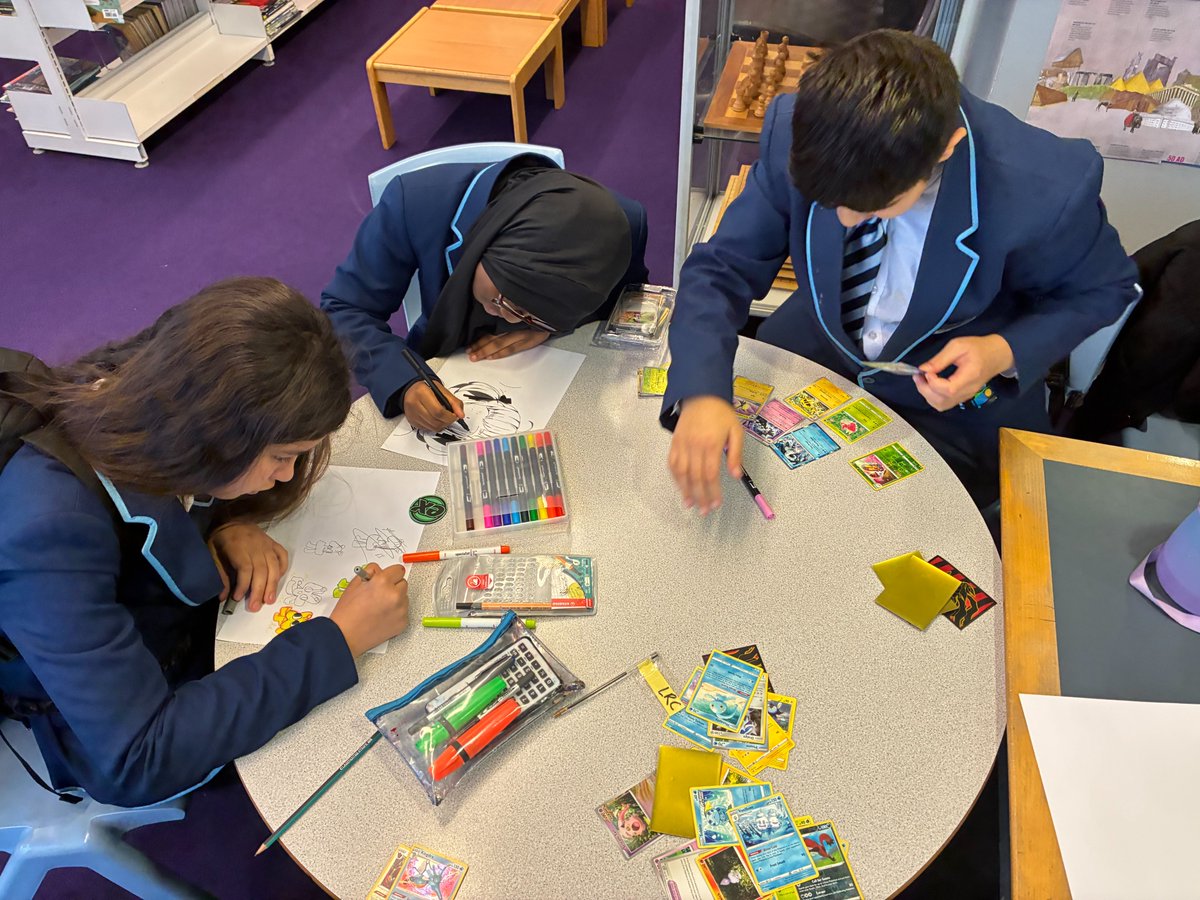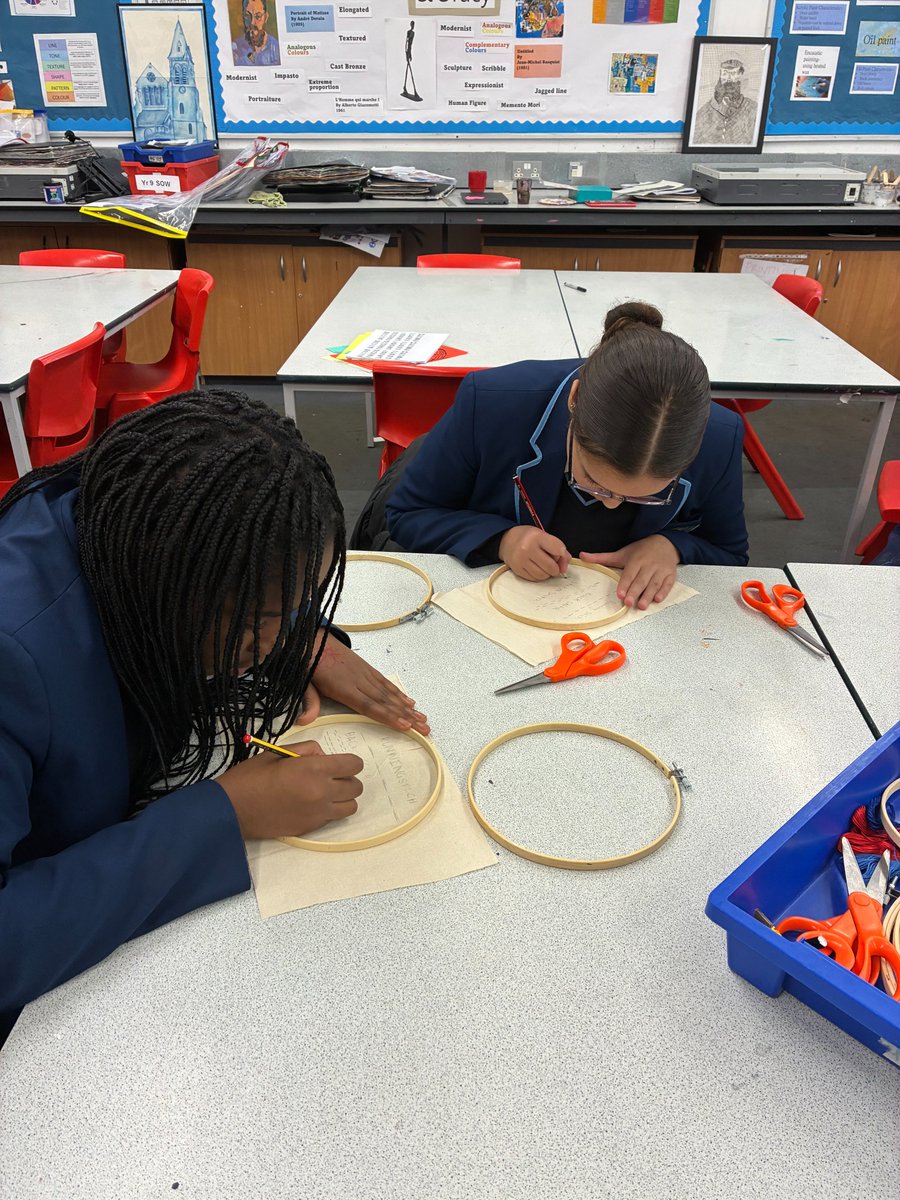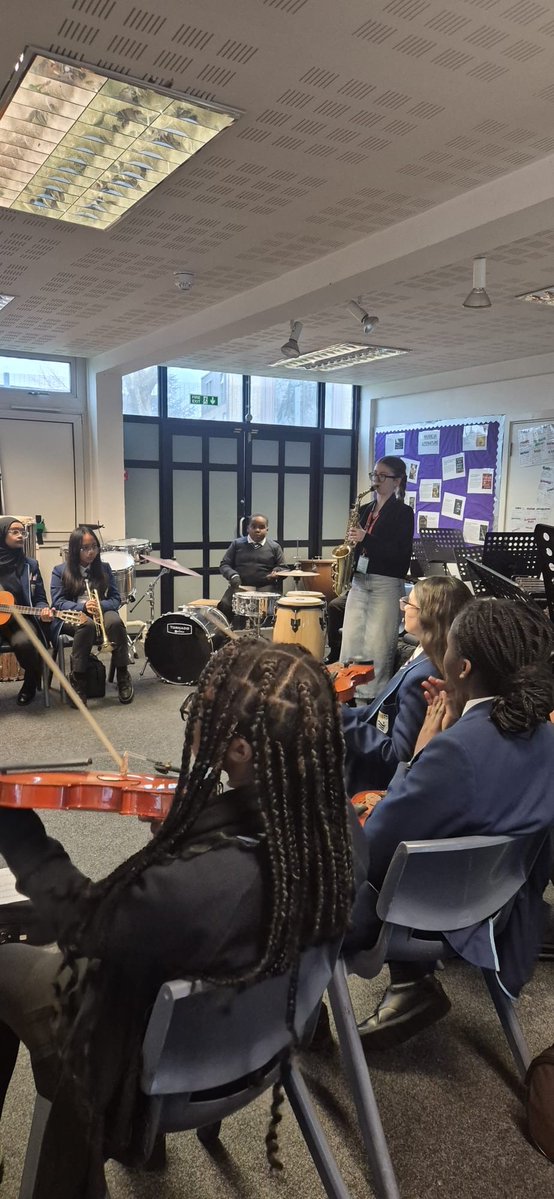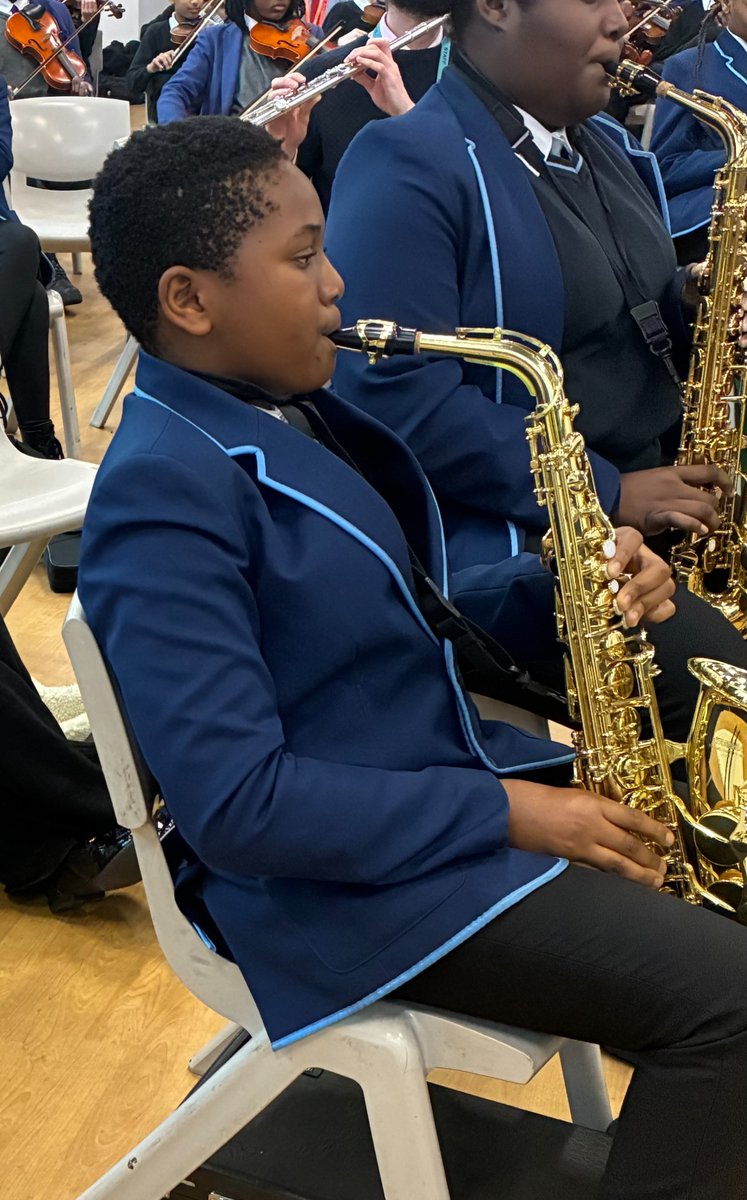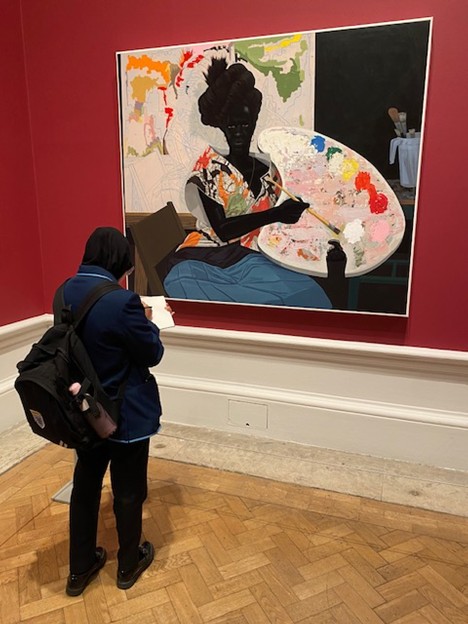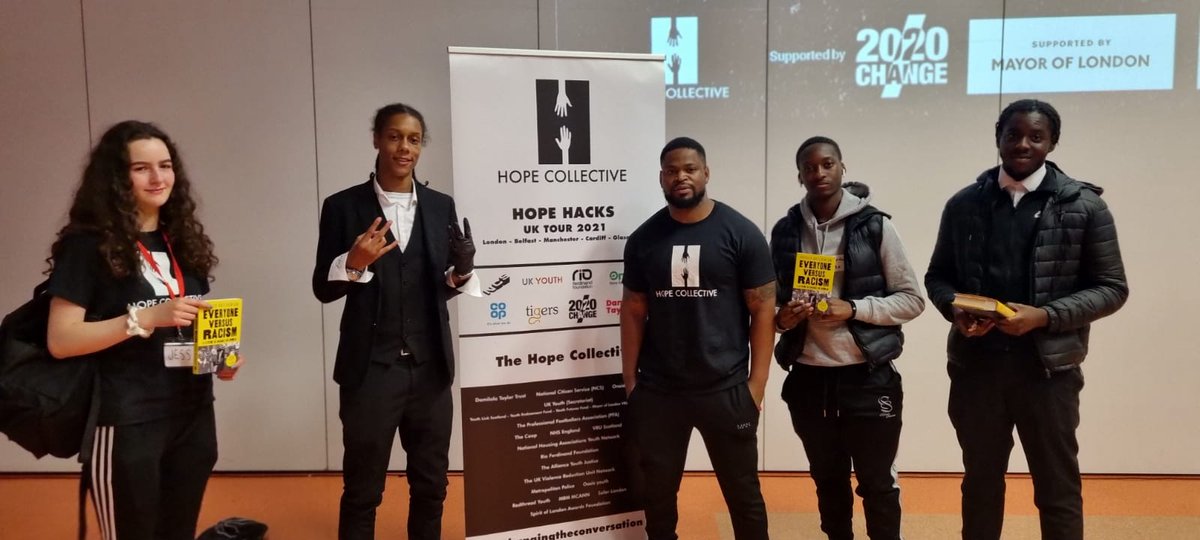Religious Studies
Religious Studies at Harris Academy Peckham is focused around incorporating three disciplines to help students to be critical about the world around them:
- Theology (thinking through belief)
- Philosophy (thinking through ideas)
- Social sciences (thinking through people).
Each of these disciplines is interweaved into our curriculum at Key Stage 3 and is built upon at Key Stage 4. By incorporating all three of these disciplines, we are honing our students to become critical thinkers and communicators as we grapple with deep and challenging questions about religion, philosophy, ethics, and humanity.
Students develop their abilities through the lens of writing and oracy skills to help analytically argue and justify their reasoning. Across our curriculum, students learn about the main religious tradition of the UK – Christianity. However, we also ensure students learn about all world faiths, their traditions, beliefs, and practices to help our students become global citizens and successful participants in the multicultural society we live in, here in Peckham but across the United Kingdom. This is also academically underpinned with reference to theological evidence, including case studies and scripture.
Students aspire to master philosophical argument through developing their capabilities to write a line of argument which is based on a solid premise which is explained through a knowledge-rich understanding of opposing views and justification of one’s own views.
Religion and ethical discussions are part of our everyday lives, and we will instil into our students the ability to become lifelong learners where students are exposed to several worldviews and diverse voices within discourse of religion, philosophy, ethics, and the social sciences. This will also be underpinned by engagement with the SMSC and RSHE within the context of Peckham and the wider world.
Our curriculum is one that is research-informed, through design and practice, which stems from a variety of sources and narratives that exposes our students to the diversity of views on contentious and debatable topics with society. We ensure that all students, including students with SEND and those from disadvantaged backgrounds are supported to achieve within our curriculum and not be locked out of important discourse that will affect their lives in the future.
Pupils should also build an awareness of their own presuppositions and values about the religious and non-religious traditions they study.
This idea will be met by the following aims:
- Students to reflect on content from their personal position which has been shaped by their individual experiences, values and sense of identity.
- Pupils to learn that this personal knowledge means they bring assumptions to learning about religious and non-religious traditions.
- Pupils to build personal knowledge through learning about rich substantive content which links the ‘life worlds’ of the religious and non-religious traditions and that of the pupils.
It is a central commitment of the Harris Federation Religious Education Intent, that worldviews that we teach about are accurately represented, avoid the single-story narrative, and include plurality of voice so that we may avoid oversimplistic understanding of religious and non-religious worldviews. To support this commitment, the toolkit includes a column on ‘subject teacher knowledge guidance and suggestions, which identify key areas that lend themselves to reframing and departmental engagement with current research. Links or a commentary are provided to help support such approaches.
Further details of the curriculum can be downloaded below.
Documents
| RS Curriculum Overview | Download |

